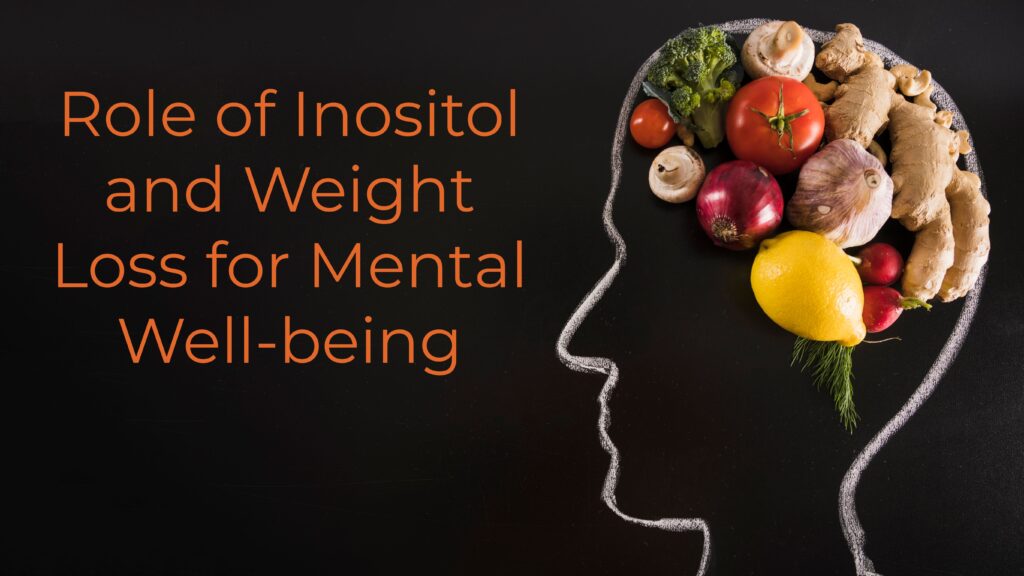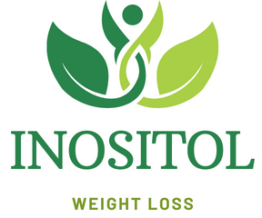Introduction
The Role of Inositol and Weight Loss for Mental Well-being has seen a substantial transformation in the past several years. There is a growing movement among advocates, wellness enthusiasts, and medical experts to investigate novel approaches to promoting mental wellness. Inositol is one such intriguing substance that is receiving notice. However, what is inositol precisely, and how can it help with conduct health? Let’s explore inositol’s potential benefits for mental health.
What is role of inositol and weight loss for mental well-being?
Inositol, also known as vitamin B 8, is a naturally occurring substance found in various foods, including grains, beans, nuts, and fruits. It is essential for brain health and is critical in cellular processes. Thiol—also known as vitamin B 8—is a naturally occurring substance found in a variety of foods, including grains, beans, nuts, and fruits. It is especially important for maintaining brain health and is essential for cellular processes.

Table of Contents
The Benefits of Inositol
1. Supports Emotional Balance
Its capacity to promote emotional equilibrium is among inositol’s most noteworthy advantages. Due to its effects on serotonin and dopamine levels, two essential neurotransmitters connected to mood regulation, inositol may be able to reduce the symptoms of anxiety and depression.
2. Enhances Cognitive Function
Thiol is thought to improve cognitive performance by promoting neuronal communication. This increased brain connectivity may result in better attention, memory retention, and mental clarity.
3. Promotes Healthy Sleep Patterns
A vital element of mental wellness is sleep. It has been demonstrated that isothiol enhances sleep quality by controlling the synthesis of melatonin, the hormone that governs sleep cycles. Better sleep can improve mood, reduce stress, and enhance overall well-being
4. Reduces Symptoms of OCD and Panic Disorders

According to studies, inositol may help ease the symptoms of panic attacks and obsessive-compulsive disorder (OCD). Its effects on serotonin pathways contribute to a reduction in the occurrence and intensity of these symptoms.
The Evolution of Behavioral Health with Inositol
1. A Natural Alternative
A natural substitute for prescription drugs in the treatment of mental illness is thiol. This makes it a desirable choice for people looking for all-encompassing methods of improving their mental health.
2. Integration into Wellness Routines
Inositol’s many advantages make it simple to incorporate into regular wellness regimens. Using inositol, whether from food or dietary supplements, is a start in the right direction for improved mental health.
3. Backed by Research
The increasing evidence demonstrating inositol’s effectiveness highlights its potential for use in developing behavioral health approaches. More and more medical professionals are considering inositol as an adjunctive treatment for a range of mental health issues.

How to Incorporate Inositol into Your Routine
1. Dietary Sources
Include inositol-rich foods in your diet. The best sources include whole grains, beans, brown rice, oranges, and cantaloupe.
2. Supplements
Widely accessible supplements containing thiol can be useful tools for ensuring adequate intake. However, always seek medical advice before beginning any new supplement program.
3. Professional Guidance
Consulting with a healthcare provider is essential for those with specific mental health issues. They can track advancement and offer tailored advice.

FAQs
1. What is the recommended dosage of inositol for mental health?
The suggested inositol dosage varies according to the patient’s needs and the illness being treated. Doses for general mental health usually range from 2 to 18 grams daily. The correct dosage must be determined by discussing your circumstances with a healthcare provider.
2. Are there any side effects associated with inositol use?
Most people tolerate inositol quite well. However, a small number might have mild adverse effects like weariness, nausea, or dizziness. Sometimes, higher doses can result in stomach problems. Consult a healthcare professional about possible side effects before beginning an inositol supplement.
3. Can inositol be taken with other medications?
While most drugs are thought to be safe to take with isosorbide, interactions are possible. To ensure there are no negative interactions, you must tell your healthcare practitioner about all the medications and supplements you are currently taking.
4. Is inositol safe for long-term use?
According to current studies, inositol is safe to use over the long term as long as it is taken at prescribed levels. It is recommended that you have ongoing consultations with a healthcare provider to monitor your general health and welfare.
5. Can pregnant or breastfeeding women take inositol?
It’s unclear if inositol is safe to take while pregnant or nursing. Before beginning inositol supplementation, women who are pregnant or nursing should speak with their healthcare professional to make sure it is healthy for both the mother and the unborn child.
6. How quickly can I expect to see results from inositol supplementation?
It can take a variety of times for some people to notice the benefits of inositol supplementation. Some might see changes in their mental health in a few weeks, while others might take longer. Maintaining consistency is essential, and it’s critical to heed your healthcare provider’s advice.
Conclusion
Inositol exhibits great promise for improving mental well-being and advancing behavioral health.
It is a beneficial supplement to any wellness regimen because of its capacity to maintain emotional balance, enhance cognitive performance, encourage healthy sleep patterns, and lessen the symptoms of anxiety and OCD.Discover the benefits of inositol now, and go in the direction of improved mental health. Seek the counsel of a healthcare provider for more individualized recommendations.
Call to Action:
Are you prepared to discover the advantages of inositol for yourself? Please make an appointment with one of our knowledgeable medical professionals to begin your path to improved mental health.

Pingback: The Sweet Spot: The Role Of Inositol And Weight Loss -